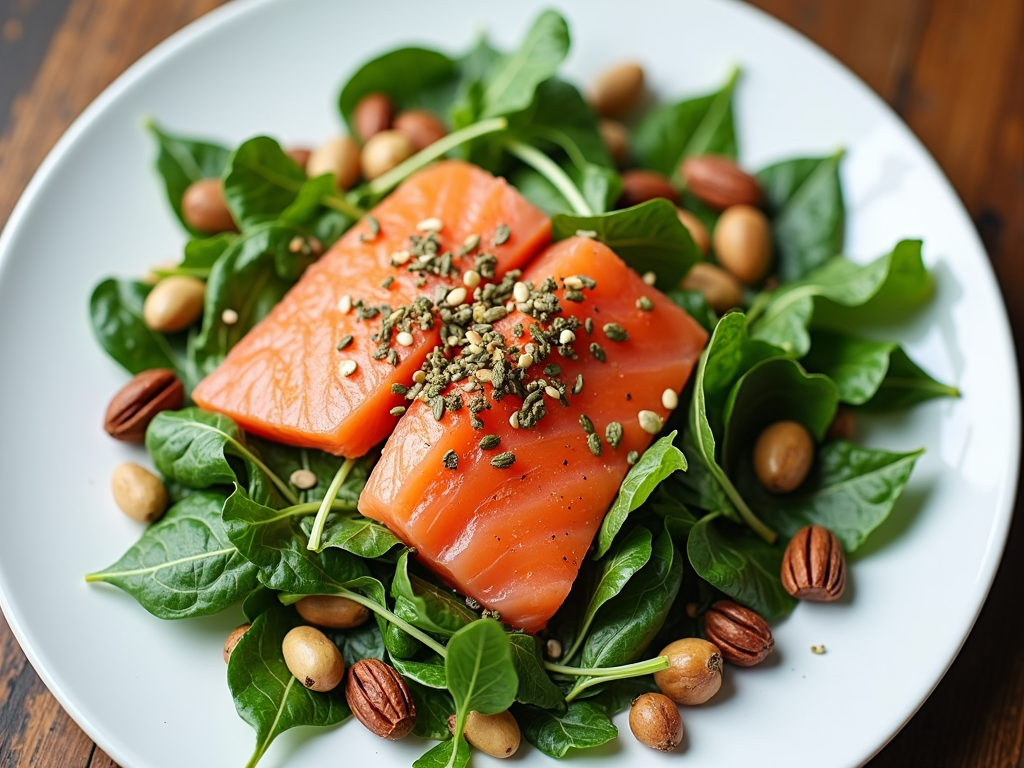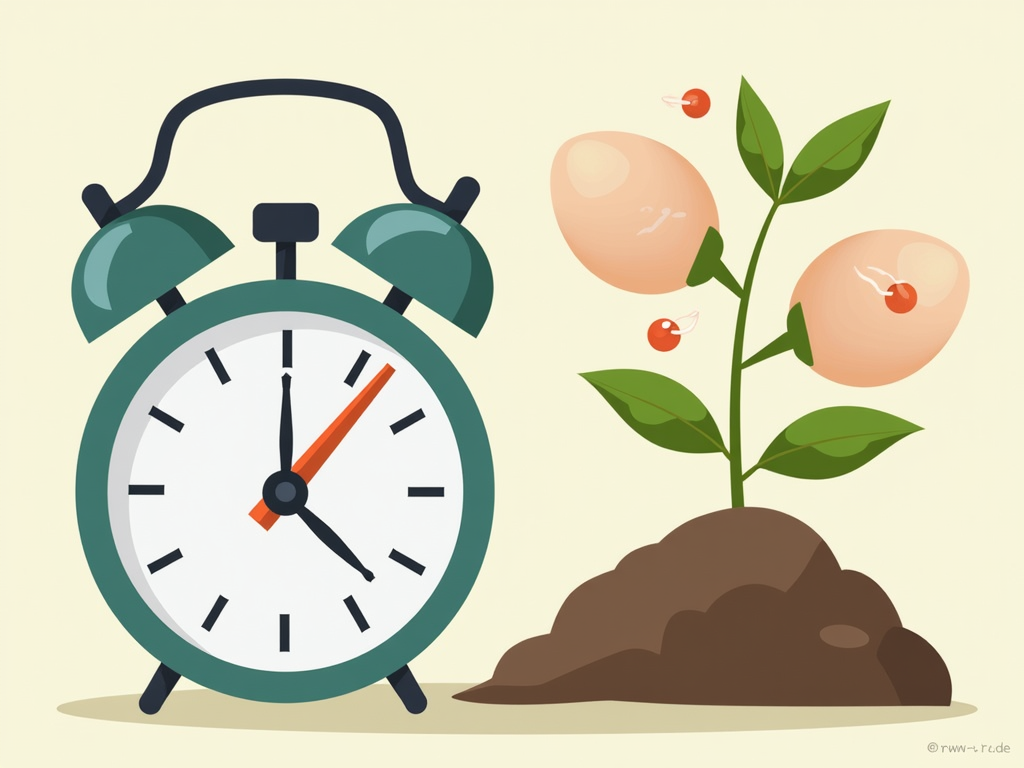The Role of Diet and Lifestyle in Fertility
May 10, 2025, 7:20 a.m.
Fertility is a complex journey, influenced by many factors beyond just biology. Your diet and lifestyle choices can significantly impact your reproductive health, either supporting or hindering your chances of conception. In this article, we'll explore how what you eat, how you move, and how you live can affect your fertility. We'll also delve into the emotional aspects of infertility, offering insights and support for those navigating this challenging path.

Nutrition and Fertility
What you eat matters when it comes to fertility. A balanced diet rich in certain nutrients can enhance your reproductive health. For women, foods high in folic acid, iron, and omega-3 fatty acids are particularly beneficial. Think leafy greens, nuts, seeds, and fatty fish. For men, antioxidants like vitamin C and E, found in fruits and vegetables, can improve sperm quality.
On the flip side, processed foods, trans fats, and excessive sugar can negatively impact fertility. It's also wise to limit caffeine and alcohol intake.
Personal insight: When my partner and I were trying to conceive, we made a conscious effort to eat more whole foods and cut back on junk food. It wasn't always easy, but we noticed improvements in our overall health, which we believe contributed to our fertility journey.

Exercise and Weight Management
Regular physical activity can boost fertility by improving circulation, reducing stress, and helping maintain a healthy weight. Aim for moderate exercise like brisk walking, swimming, or yoga. However, avoid excessive exercise, as it can disrupt menstrual cycles in women and lower testosterone in men.
Maintaining a healthy weight is crucial. Both underweight and overweight conditions can affect hormone levels and ovulation. If you're struggling with weight, consider consulting a healthcare professional for personalized advice.
Personal insight: I found that incorporating daily walks and yoga into my routine not only helped me manage my weight but also reduced my stress levels, which I believe positively impacted my fertility.

Stress Management and Sleep
Stress can wreak havoc on your hormones, potentially affecting fertility. Finding ways to manage stress is essential. Techniques like meditation, deep breathing, or even hobbies you enjoy can help.
Sleep is equally important. Aim for 7-9 hours of quality sleep per night. Poor sleep can disrupt hormone production and affect ovulation.
Personal insight: I struggled with anxiety during our fertility journey. Learning mindfulness and ensuring I got enough rest made a noticeable difference in how I felt physically and emotionally.

Avoiding Harmful Substances
Smoking, excessive alcohol, and even too much caffeine can negatively impact fertility. If you smoke, consider quitting. Limit alcohol to moderate levels, and keep caffeine intake to less than 200mg per day.
Also, be mindful of environmental toxins like pesticides and chemicals in household products. Opt for natural alternatives when possible.
Personal insight: My partner and I decided to eliminate alcohol and reduce our caffeine intake. It was challenging at first, but we felt better overall and believed it was worth it for our fertility goals.

Understanding the Biological Clock: Myths and Facts
Age is a significant factor in fertility. For women, fertility starts to decline in the late 20s and more rapidly after 35. For men, while they can father children later in life, sperm quality does decline with age.
However, it's important to dispel myths. Not everyone will struggle with fertility as they age, and many people conceive naturally in their 30s and 40s. Still, being aware of the biological clock can help in making informed decisions.
Personal insight: We started trying in our early 30s, and while we were aware of the biological clock, we didn't let it pressure us unduly. We focused on what we could control, like our lifestyle choices.

Male Fertility and Lifestyle Factors
Fertility isn't just a woman's issue. Male factors account for about 40% of infertility cases. Diet, exercise, stress, and avoiding harmful substances are just as important for men.
Specific nutrients like zinc and selenium can support sperm health. Regular exercise can boost testosterone levels, but again, avoid overdoing it.
Personal insight: My partner took steps to improve his diet and reduce stress, which we believe contributed to our success.

Finding Support During Infertility
Navigating infertility can be emotionally taxing. It's crucial to find support, whether through friends, family, support groups, or professional counseling. Sharing your journey can alleviate the sense of isolation.
There are also many online communities and resources available. Remember, you're not alone in this.
Personal insight: Joining a support group was a game-changer for me. Hearing others' stories and sharing my own helped me feel understood and less alone.
Conclusion
Your diet and lifestyle play a significant role in your fertility journey. By making informed choices about what you eat, how you move, and how you manage stress, you can support your reproductive health. Remember, every journey is unique, and it's okay to seek support along the way.